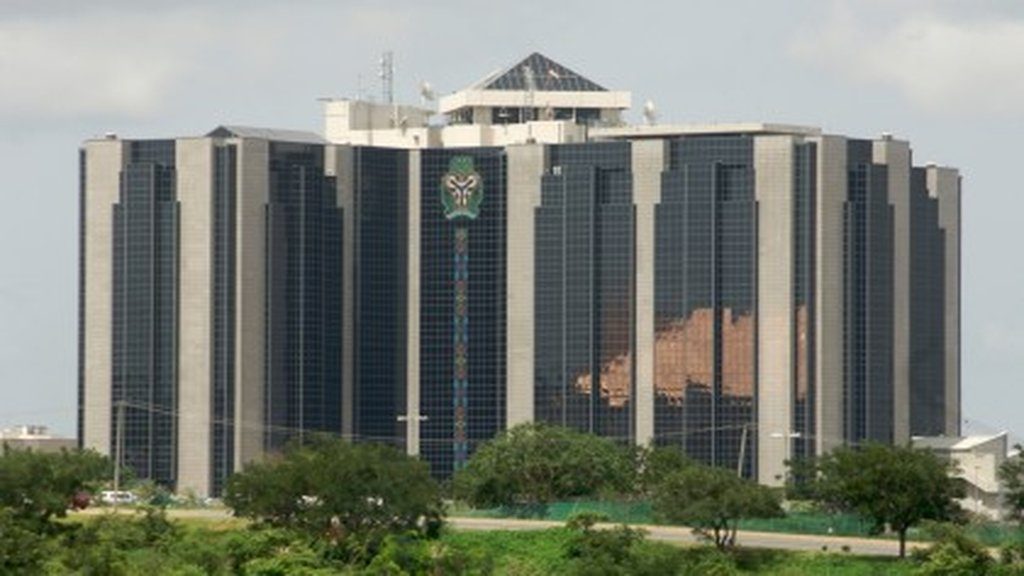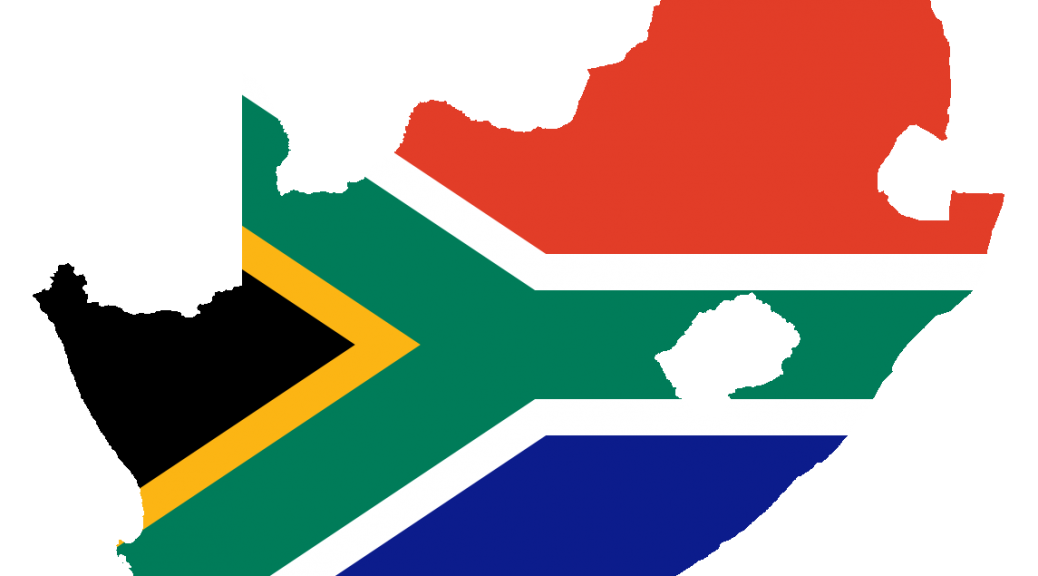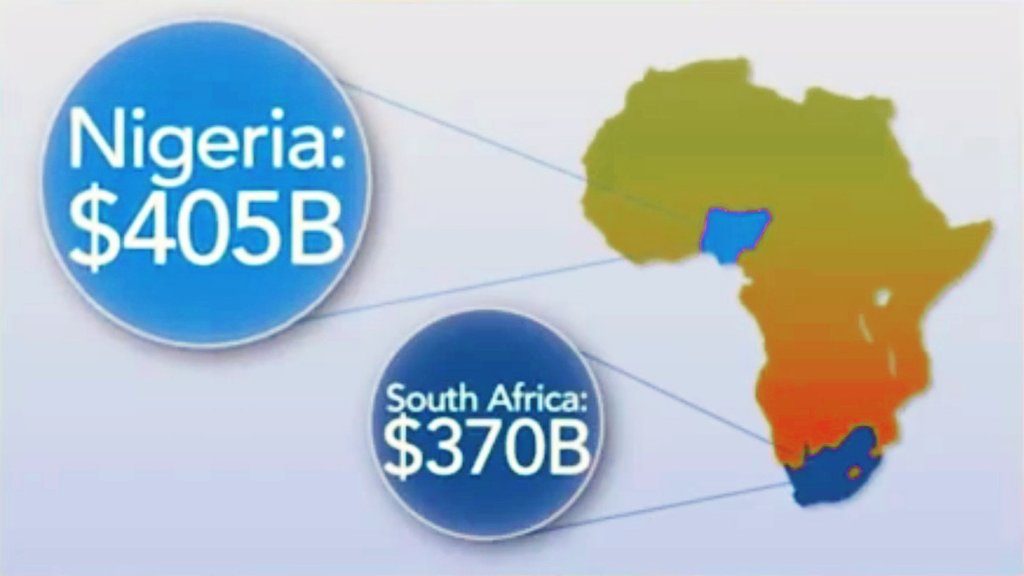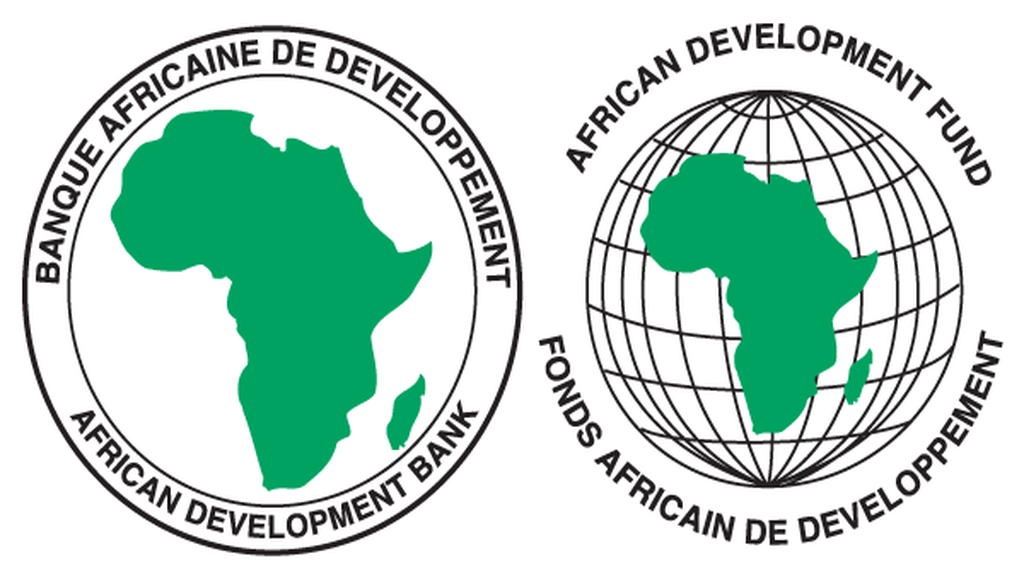By Eromosele Abiodun
Following plans by United States retail giant, Walmart to enter Nigeria’s retail market, increasing greenfield investment from China, India and South Africa, foreign investments in Nigeria and other African countries are expected to reach $73.5 billion by the end of this year.
A report by the African Economic Outlook (AEO) revealed that official remittances have increased six-fold since 2000 and are projected to reach $64.6 billion in 2015 with Egypt and Nigeria receiving the bulk of flows.
The AEO is a product of collaborative work by three international partners: the African Development Bank (AFDB), the OECD Development Centre and the United Nations Development Programme (UNDP).
Official remittances, the report added, remained the largest source of international financial flows to Africa, accounting for about 33 per cent of the total since 2010.
Conversely, the report predicted that Overseas Development Assistance (ODA) will decline in 2015 to 54.9 billion, “and is projected to diminish further”.
“More than two-thirds of states in sub-Saharan Africa, the majority of which are low-income countries, will receive less aid in 2017 than in 2014. FDI is diversifying away from mineral resources into consumer goods and services and is increasingly targeting large urban centres in response to the needs of a rising middle class.
“African sovereign borrowing is increasing. Private external flows in the form of investment and remittances are driving growth in external finance. Despite significant improvements in tax revenue collection over the last decade, domestic resource mobilisation remains low. Public domestic finance in Africa has increased more than threefold in a decade from $157 billion in 2003 to $507 billion in 2013. Compared to 2012, total tax revenue in 2013 registered a slight decrease of about 1.5 per cent mainly on account of lower resource rents, “the report revealed.
According to the report, “The report added that recent trends in African total trade flows – exports and imports – highlight a shift in trade dynamics and increasing competition from China for the African market. Although Europe remains Africa’s largest trading partner, Africa’s trade with Asia rose by 22 per cent between 2012 and 2013, while trade with Europe grew by just 15 per cent.
Manufactured exports from Europe to Africa fell from 32 per cent of the total in 2002 to 23 per cent in 2011. On the other hand, Asia’s share in Africa’s trade rose from 13 per cent of the total to 22 per cent during the same period. In 2009, China overtook the United States as Africa’s largest single trading partner.”
Source: Thisday, 12th August, 2015





 afric-Invest
afric-Invest



